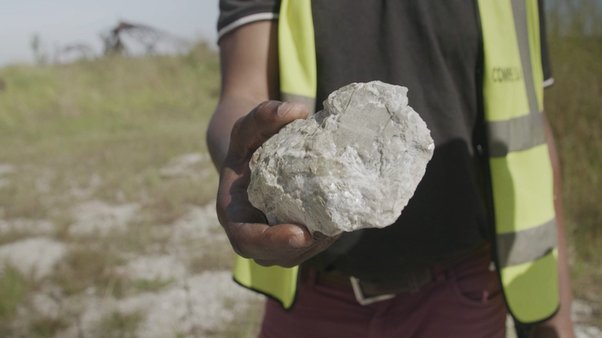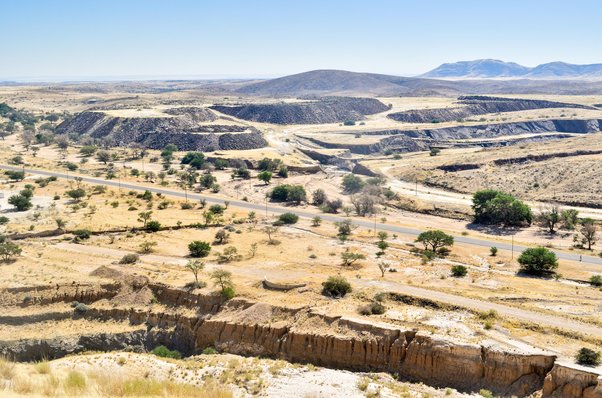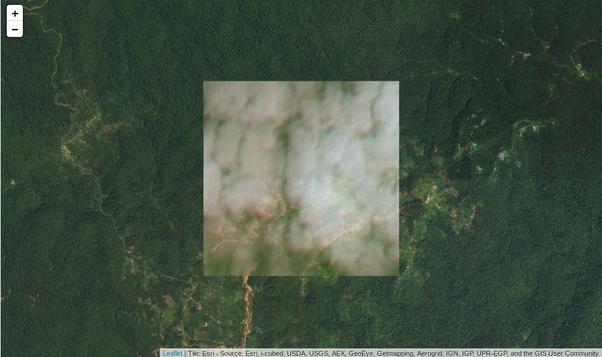Our investigation into the Democratic Republic of Congo’s nascent lithium industry reveals serious governance, environmental and social risks that could undermine the sector if left unaddressed.
DRC is home to globally significant deposits of hard-rock lithium. The mineral is considered critical to renewable energy technologies as a key component of batteries. Estimates are that global lithium demand could grow up to 40-fold by 2040, driven by richer nations' efforts to decarbonise their economies. According to industry literature, lithium production is planned to begin in DRC as soon as 2023.
Download the full report: Renewable energy at what cost?
Download ResourceKey findings
Our investigation looked at a sample block of 51 mining concessions, concentrated close to the town of Manono in southern DRC, where hard-rock lithium deposits have been discovered.
Three companies – AVZ Minerals Limited, Critical Resources Limited and Tantalex Resources Corporation – have publicly announced plans to carry out lithium exploration or production at mining concessions in the area.
Our research revealed that, unless urgent steps are taken to bring lithium production in line with international standards and domestic laws, the industry could be seriously undermined by governance, environmental and social risks.
Communities living near the mining sites, and the people of DRC more generally, could lose out environmentally and economically unless companies and investors disclose key information on the deals and the people behind them, and address environmental risks.
- Concessions on and around DRC’s lithium deposits are controlled by or involve a small number of people with close business relationships – including a serving government official and those reportedly close to former President Kabila. including an individual reported as an advisor to the former President; a charge denied by the individual, Mr. Cong Maohuai.
- Beneficial ownership information for a key company involved in the deals has not been publicly disclosed making it challenging to determine who is behind and who stands to benefit.
- Local communities appear to have differing and at times unclear understanding of the projects and risks related to the impact of the lithium mines, including their environmental impact.
Recommendations
Regulators, companies and investors must take urgent action, including taking responsibility for engaging in proactive and continuous due diligence, fully enforcing the laws on the books and amending laws where they fall short, and ensuring the highest international standards are followed. Otherwise, what are currently potential environmental and human rights risks, as well as a lack of accountability and transparency, could end up hardwired into the sector.
- Companies financing, producing, using or trading DRC’s lithium must ensure that their investments and operations, as well as those of their subsidiaries and suppliers, adhere to international environmental and human rights standards, and all existing Congolese laws, (whichever are stronger) pertaining to the protection of the environment, health and safety, natural resource extraction and management, wildlife conservation, waste management, hazardous material activity, and air, water, land and groundwater pollution;
- Companies, including investors and financiers, must take responsibility to establish and implement robust due diligence policies and procedures and disclose their findings in order to prevent, identify, mitigate and account for human rights, environmental and governance risks throughout their operations, including supply chains and business relationships;
- The Congolese government should ensure disclosure of all mining contracts and beneficial owners of mining companies and public, project-level reporting for all payments related to Congo’s mining contracts, in line with Extractive Industries Transparency Initiative (EITI) reporting standards and best practice and address weaknesses in DRC law that allow senior government officials to participate in extractive deals.
Humanity has already pushed the planet to the brink of environmental disaster through reckless management of fossil fuels and minerals.
We must not repeat those mistakes with the green energy transition, which must be just and equitable for the communities and countries where the minerals needed for this transition are produced. Urgent action to tackle the climate crisis cannot come at their expense.
Companies, investors and governments must act now to ensure the green energy transition isn’t built on rotten foundations.
Download the full report: Renewable energy at what cost?
Download Resource

